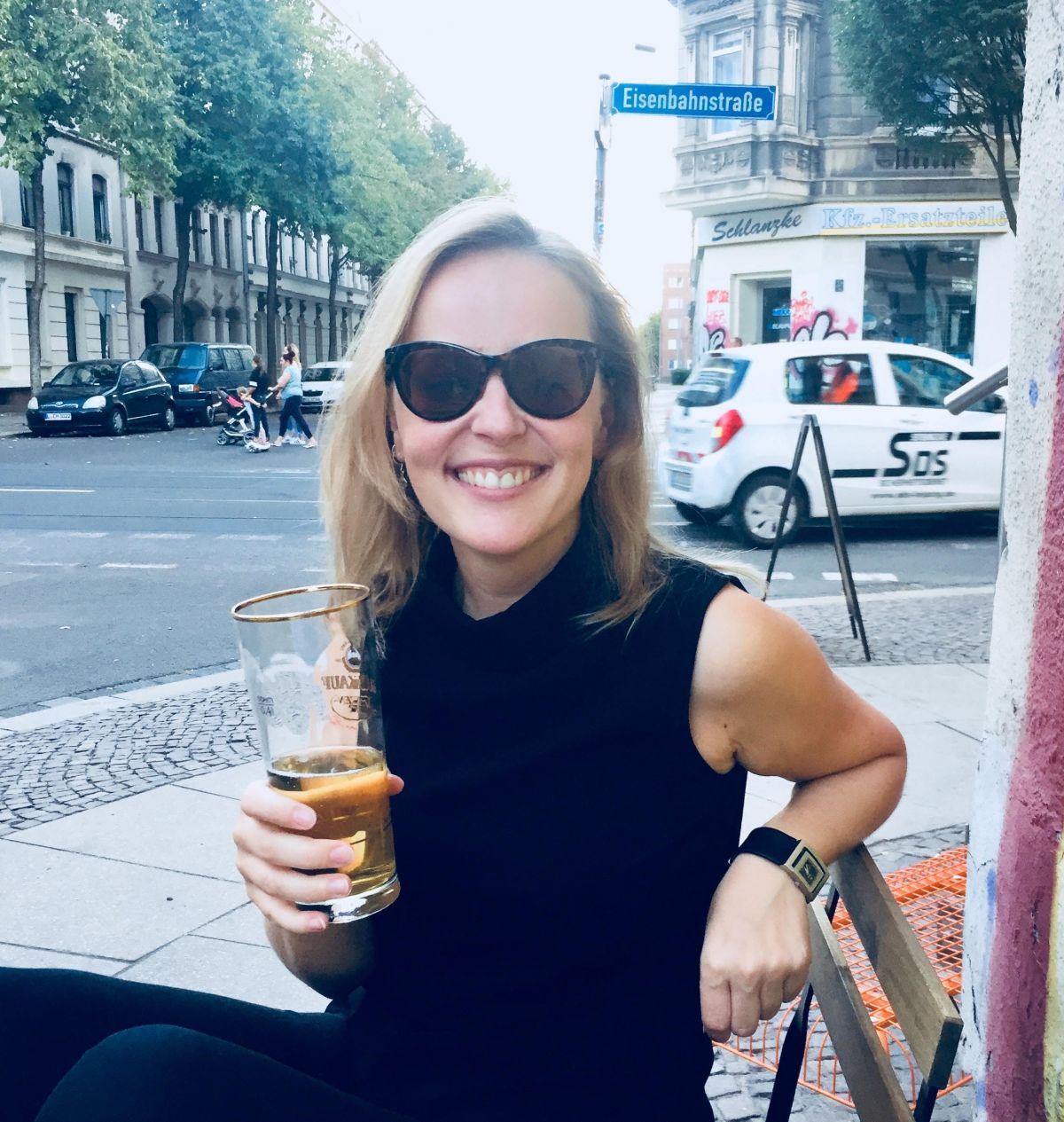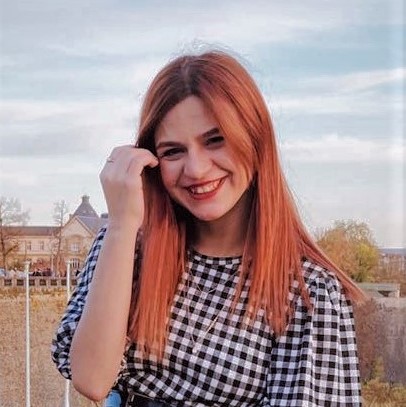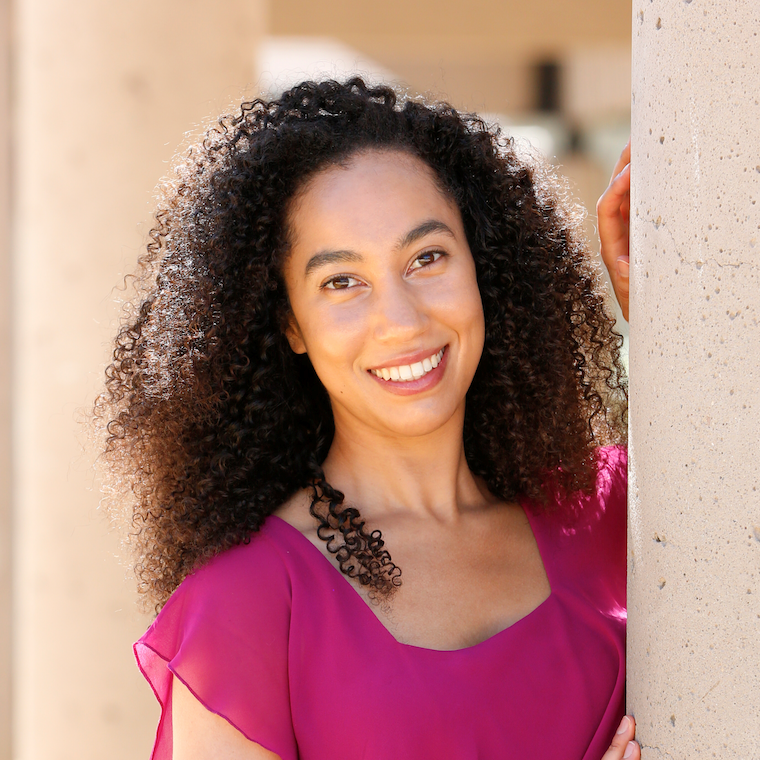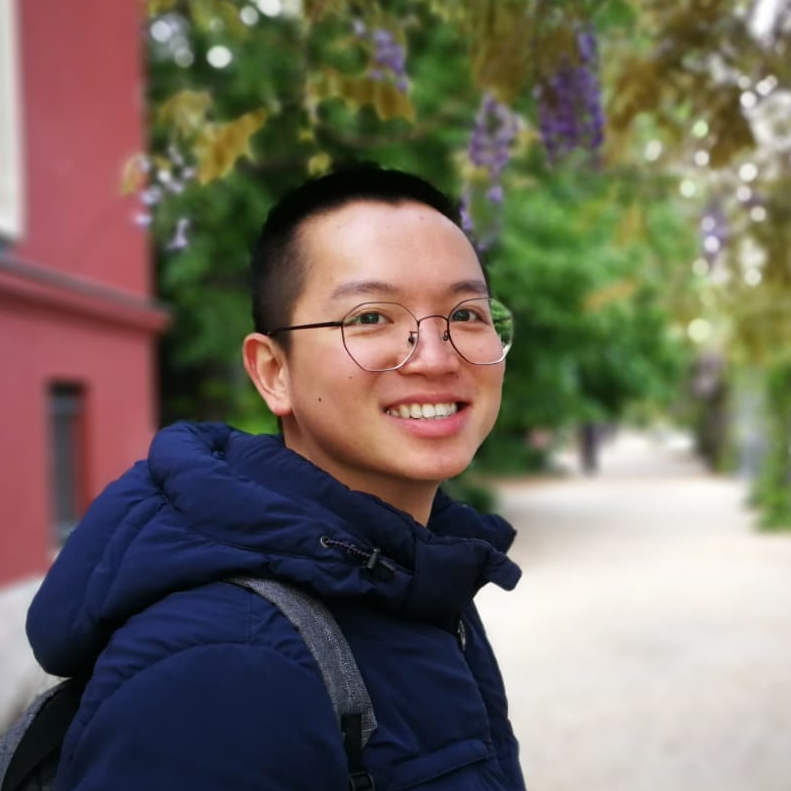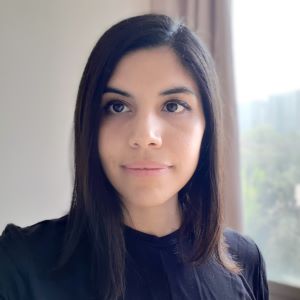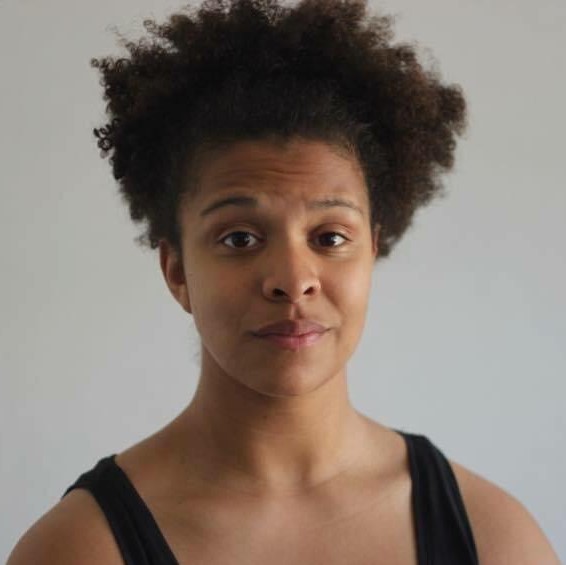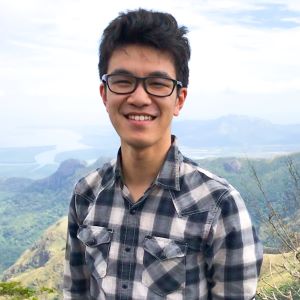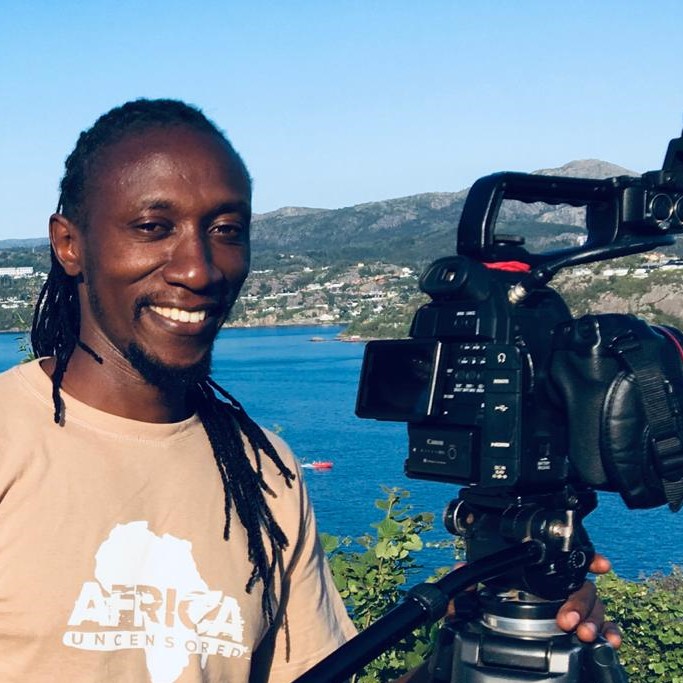Eine Geschichte von zwei Ländern: Teil II
Die wahrgenommenen Unterschiede zwischen Ost- und Westdeutschen sind nicht allein in den 40 Jahren Teilung eines Landes nach 1945 begründet, sondern ebenso in den Jahren nach der Wiedervereinigung. So erstrebenswert Einheit auch ist – Unterschiede zu akzeptieren ist vielleicht der bessere Weg für mehr Verständnis.
Germany, Western Europe
Eine Geschichte von Janina Cymborski
Veröffentlicht am December 19, 2020.
Diese Geschichte ist auch verfügbar in 






Der 3. Oktober ist der Tag der deutschen Einheit, ein Feiertag. Doch mittlerweile feiern viele Ostdeutsche die Jahrestage der friedlichen Revolution vom Herbst 1989. In Leipzig zum Beispiel den 9. Oktober 1989, als 70.000 Menschen um den Ring liefen, um zu protestieren, ungewiss, ob sie das gleiche Schicksal ereilt wie die Menschen auf dem Tiananmen Platz in China. Scharfschützen waren auf den Dächern platziert, Truppen stationiert, die alle auf den Befehl zum Schießen warteten, der jedoch niemals kam. Die Angst, mit der die Bürger der DDR auf diese gewaltigen Demonstrationen blickte, war real.
Als Leipzigerin nehme ich selbst an diesen Gedenkfeiern teil, gehe mit hunderten anderen über den Ring, halte eine Kerze und lausche ergriffen den über Lautsprecher eingespielten Sprechchören von damals. Tränen steigen mir in die Augen, wenn ich die Aufnahmen der Maueröffnung am 9. November 1989 sehe. Der Blick in das Gesicht eines Menschen, der nach so vielen Jahren der Unfreiheit endlich seine Freiheit erlangt, ist unbeschreiblich. Und ich denke an meine Familie, an das Leben, das sie lebten und das zu leben ich verdammt gewesen wäre, hätte es nicht die vielen mutigen Menschen von damals gegeben. Wir waren nicht einfach nur frei, wir waren nun Teil einer ganz neuen Welt
Dass sich daraus eine Pflicht zu einer neuerlichen Anpassung an die nächste Gesellschaftsordnung ergibt, stand nicht zur Debatte. Denn gerade das Hinterfragen der existierenden Ordnung ist die entscheidende Lektion, die Ossis 1989 gelernt haben. Freiheit ist für mich das Gegenteil von Konformität und erzwungener Anpassung, gerade weil ich nicht in einem freien Land geboren wurde. Es bedeutet, in der Lage zu sein, eigene Antworten auf die fundamentalen Fragen des Lebens finden zu können: wer bin ich, wer möchte ich sein und was für ein Leben möchte ich leben? Was Ossis von Wessis unterscheidet ist die erlebte Erkenntnis, dass eine Gesellschaftsordnung nicht in Stein gemeißelt ist und sich ändern kann (wie meine Geburtsurkunde beweist).
Arbeitslosigkeit begleitet meine Familie immer noch, Geld ist auch heute noch ein schwieriges Thema. Die DDR ist weiterhin Teil unseres Lebens, nicht nur in unseren Erinnerungen. In zwei Systemen gelebt zu haben, war eine harte Schule für meine Eltern und nur allzu oft wurde ihre Naivität ausgenutzt. Wir fingen bei Null an in einer Welt, die in Auflösung begriffen war. Sie trauern um das, was sie verloren haben und was ich nie wirklich hatte: ein Gefühl des Zusammengehörens. In der DDR waren sie Teil von unendlich vielen, die im selben Boot saß, dieselben Problemen hatten. Natürlich war diese „Gemeinschaft“ oft erzwungen, oft charakterisiert von gegenseitiger Abhängigkeit. „Ich arbeite in der Verwaltung – wenn ich dir helfe, eine Wohnung zu kriegen, kannst du mir helfen, an ein Fahrrad für mein Kind zu kommen?“ Gemeinschaft war für das tägliche Auskommen und Überleben unausweichlich. Mangelwirtschaft an der Tagesordnung. Interaktion miteinander wurde damit aber gleichzeitig ständig erzeugt. 1990 blieb dieses Miteinander auf der Strecke zugunsten des eigenen Wohlstands und Fortkommens, auch auf Kosten anderer. Die Wiedervereinigung war Fluch und Segen zugleich. Viel wurde gewonnen, vielleicht mehr als ich jemals zu begreifen im Stande bin. Dennoch glaube ich, dass eine ganz eigene Form von Menschlichkeit verloren ging – jene, die vielleicht nur in ganz außergewöhnlichen Zeiten möglich ist.
Was macht diese Geschichte mit dir?
Follow-up
Do you have any questions after reading this story? Do you want to follow-up on what you've just read? Get in touch with our team to learn more! Send an email to [email protected].
Unterhalte Dich über diese Geschichte
Please enable cookies to view the comments powered by Disqus.
Subscribe
Melde Dich an für unseren monatlichen Newsletter und bleibe up-to-date mit neuen Geschichten auf Correspondents of the World.
Mehr Geschichten auf Deutsch
Tags
Erkunde andere Themen
Mach mit
At Correspondents of the World, we want to contribute to a better understanding of one another in a world that seems to get smaller by the day - but somehow neglects to bring people closer together as well. We think that one of the most frequent reasons for misunderstanding and unnecessarily heated debates is that we don't really understand how each of us is affected differently by global issues.
Unser Ziel ist es, dies zu verbessern - und zwar mit jeder Geschichte, die wir teilen.
Community Weltweit
Correspondents of the World is not just this website, but also a great community of people from all over the world. While face-to-face meetings are difficult at the moment, our Facebook Community Group is THE place to be to meet other people invested in Correspondents of the World. We are currently running a series of online-tea talks to get to know each other better.











